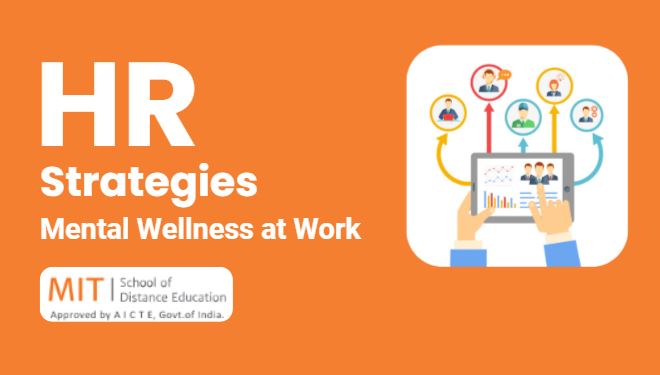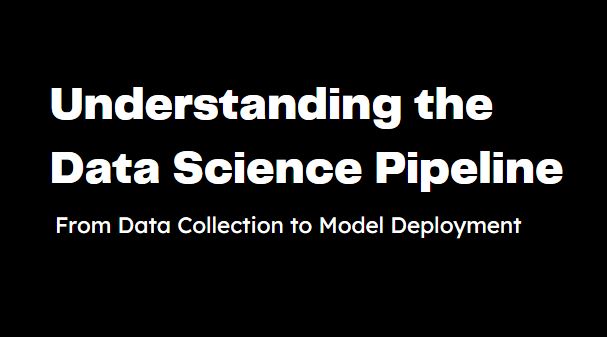
Employee well-being has become one of the top priorities for organizations in today’s evolving workplace. While salaries, promotions, and training matter, nothing impacts an employee’s performance more than their mental health—especially during life transitions such as marriage, parenthood, relocation, or even personal crises. These moments can bring stress, anxiety, and uncertainty, which may spill over into the workplace.
This is where HR support for employees becomes crucial. Human Resource managers are not just administrators of policies but also champions of employee mental health and advocates for workplace mental health programs. By offering the right support, HR can help employees navigate challenges while fostering loyalty, engagement, and productivity.
How HR Can Support Employees During Major Life Changes
Life transitions at work often blur the lines between personal and professional responsibilities. Whether it’s adjusting to a new city, returning from maternity leave, or coping with family health issues, employees need compassion and flexibility.
HR managers can play a significant role here:
- Provide flexible working hours or remote work options.
- Create safe spaces for open conversations without stigma.
- Offer leave policies that respect personal responsibilities.
- Encourage employees to use wellness days when needed.
These proactive steps show that HR and mental health support are not just buzzwords but a commitment to people-first policies.

Ways HR Can Help Employees Cope with Stress and Anxiety at Work
Stress and anxiety at work are common, but they escalate during personal life transitions. HR support for employees can make coping easier by implementing:
- Workplace counseling programs: Partner with mental health professionals.
- Stress management workshops: Teach employees relaxation and coping techniques.
- Peer support groups: Allow employees facing similar transitions to connect.
- Confidential HR channels: Ensure employees feel safe sharing challenges.
Investing in such programs strengthens employee well-being programs while making employees feel valued.
HR Strategies to Improve Employee Mental Health in Transitions
Strong HR management skills are essential to design strategies that promote resilience. Some proven approaches include:
- Communication and Empathy – HR managers should actively listen and respond with empathy.
- Training Managers – Supervisors can be trained to recognize early signs of burnout or stress.
- Employee Assistance Programs (EAPs) – Offering counseling, legal, or financial advice services.
- Customized Support – Each transition is unique; HR should tailor support accordingly.
These HR strategies for mental health ensure that employees feel supported at every stage of their journey.

How HR Can Create a Supportive Work Environment for Life Transitions
A supportive environment is the foundation of workplace mental health.
HR can foster this by:
- Promoting psychological safety so employees feel comfortable seeking help.
- Normalizing conversations around mental health through awareness campaigns.
- Recognizing and appreciating employees even during challenging times.
- Aligning organizational culture with employee well-being programs.
When HR focuses on creating this environment, employees remain engaged and motivated, even when juggling personal transitions.
How HR Can Reduce Workplace Stress During Employee Life Changes
Workplace stress during life changes often stems from heavy workloads, lack of flexibility, or unsupportive management. HR managers can ease this stress by:
- Encouraging managers to delegate tasks fairly.
- Allowing flexible deadlines when possible.
- Creating mentorship programs where employees can lean on senior colleagues.
- Introducing mindfulness sessions, yoga, or wellness breaks.
Such measures reduce stress while reinforcing HR’s role in employee mental health and overall HR support for employees.

Workplace Policies for Employee Mental Health During Personal Transitions
Policies reflect an organization’s values. HR must ensure that workplace mental health policies align with employee needs. Important policies include:
- Parental leave – Support for new parents without career penalties.
- Bereavement leave – Time off to cope with personal loss.
- Flexible working arrangements – Hybrid or reduced hours during tough phases.
- Confidential counseling access – Formalized within HR policies.
These policies not only safeguard employee mental health but also boost retention and trust in HR.
Employee Assistance Programs for Life Transitions in Workplace
Employee Assistance Programs (EAPs) are one of the most effective tools HR can implement. They provide:
- Professional counseling for stress, depression, or anxiety.
- Financial advice for employees facing monetary challenges.
- Work-life balance coaching to help employees adapt better.
- Crisis management support for sudden life changes.
EAPs are a clear reflection of HR and mental health support, proving that HR managers are actively invested in employee success both inside and outside the office.

Why HR Management Skills Are Critical in Mental Health Support
Supporting employees during transitions is not just about policies—it requires strong HR manager skills. Skills like empathy, communication, conflict resolution, and problem-solving help HR managers provide meaningful support.
For professionals aiming to strengthen these abilities, enrolling in an HR management course, pursuing an HR management certificate, or even completing a post graduate diploma in HR (PGDM HR) can make a huge difference. These programs equip HR professionals with practical tools to manage workplace challenges effectively while prioritizing employee well-being.
Final Thoughts
Employee mental health is no longer a side discussion—it is central to building thriving workplaces. By focusing on HR support for employees, organizations can ensure that life transitions don’t derail productivity or morale.
From creating policies and EAPs to reducing workplace stress and building supportive environments, HR’s role is more important than ever. Employees who feel supported during life transitions are more loyal, engaged, and motivated to contribute to the success of the organization.



